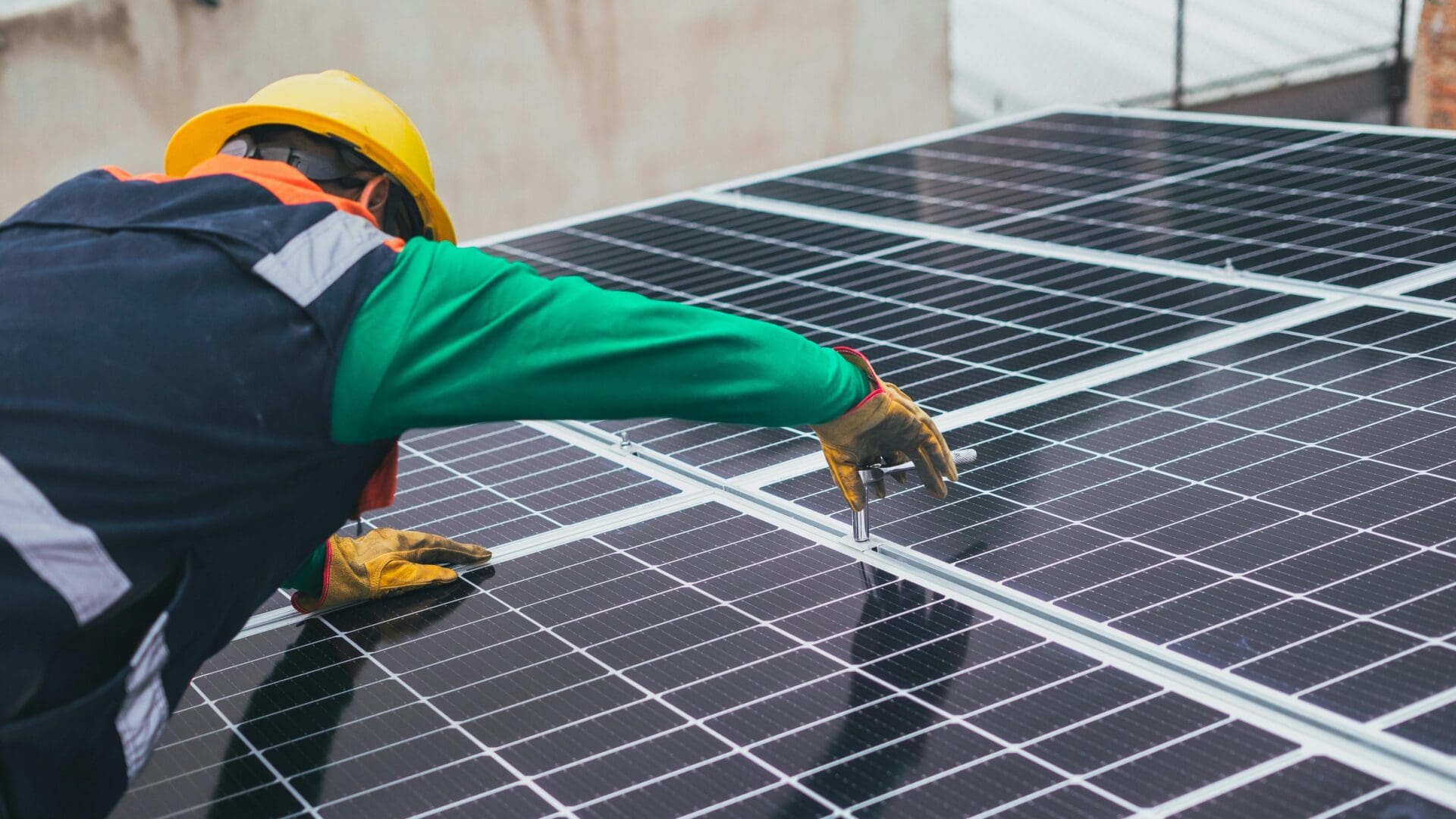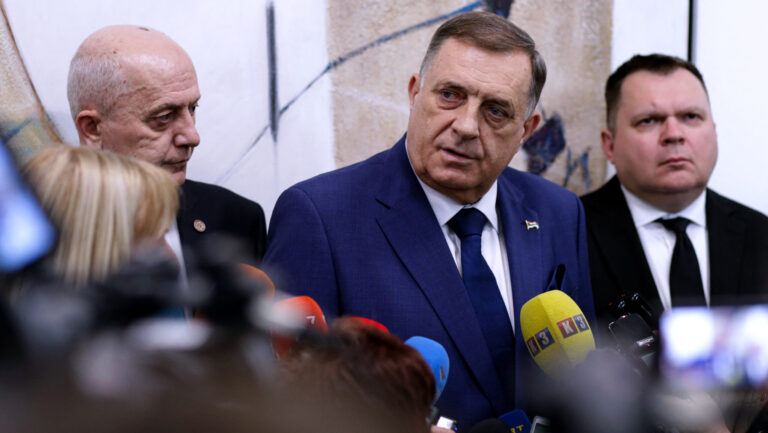Prepared and responsible large enterprises, a well-functioning model, and positive energy efficiency developments are the key findings from the review of the Energy Efficiency Obligation Scheme (EKR), as reported by the Energy21 Initiative (E21) following their latest meeting on Friday.
According to the statement, Péter Kaderják, the executive director of the Hungarian Battery Alliance, presented the current state and future outlook of energy efficiency in Hungary, showcasing the practical experiences and impacts of the EKR to the Initiative’s members. It was noted that over the past three years, the EKR has met the expected cost-efficiency outcomes alongside positive domestic energy efficiency developments.
Following the presentation, some important recommendations were formulated during the discussion.
The first point highlighted that the domestic green economic transition is evident in the field of energy efficiency, as companies have managed the expectations of the newly established Energy Efficiency Obligation Scheme (EKR) with preparedness, currently exceeding expectations. Hungary has become one of Europe’s leaders in terms of this energy efficiency measure. The statement also noted that E21 welcomes the government’s EKR system, which incentivizes designated participants in the domestic energy market to save energy. Improving energy efficiency in the Hungarian economy is a vital national interest and contributes to the country’s competitiveness. Given the success of the EKR and the time-consuming nature of energy investments, it is recommended that the enhanced energy-saving obligations of the 55 per cent measure package aimed for 2030 be implemented in the EKR as soon as possible. A thorough review of all related energy efficiency policies was also recommended, to ensure the 2030 savings targets can be integrated into the EKR to improve cost efficiency.
It was also suggested that that energy companies and credit market participants should prioritize creating, mass marketing, and implementing building renovation offers for households that can be accounted for within the EKR.
Finally, in the last recommendation, E21 urges the Competition Authority and MEKH to protect the EKR from abuses and ensure the development of domestic energy efficiency and the regulated market for energy savings in Hungary.
The Energy21 Initiative was recently launched with the participation of public, scientific, and economic experts to support Hungary’s green transition. E21 has initiated scientific, professional, and civil events, including a nationwide green energy roadshow, to raise awareness about, popularize, and promote the green transition.
Related articles:








